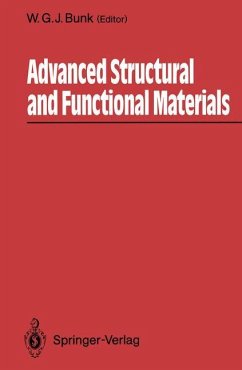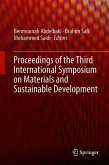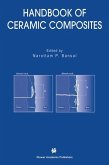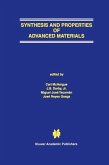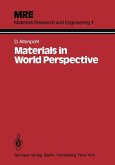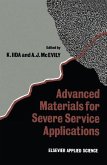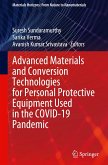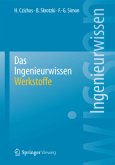Engineering materials are mainly used for structures. Therefore high-strength, stiffness and sufficient toughness are of prime importance. For a long time engineers thought first in terms of metals. Ma terial scientists developed alloys tailored to the needs of in dustry. Ceramics are known to be brittle and therefore not suitable in the first place for structural application under stress. Polymers with their low modulus became attractive when rein forced with high-strength fibres. Composites processed by poly mer, metal or ceramic matrices and high-strength reinforcements have been introduced into many sectors of industry. Engineering materials for structural applications fulfil a function: they withstand high stresses, temperatures, fatigue, creep etc. But usually we do not call them functional materials. Functional material serve applications apart from classical engineering fields. Electricity conducting materials, semi conductors, memory alloys and others are called functional materials. Both categories of materials structural and functional - cover the aspects of the DLR-Seminar 1991 on "Advanced structural and functional materials". in research and The seminar is focused on advanced materials development or at the edge of being introduced into the market. dual character: Preference was given to materials with a structural and functional, some of them more structural, some more functional in their potential. It was necessary to select typical and representative families of during the years by R + D activities somewhat matured mate rials. It was not intended to cover all possible innovations in a two half-days seminar.
Bitte wählen Sie Ihr Anliegen aus.
Rechnungen
Retourenschein anfordern
Bestellstatus
Storno

